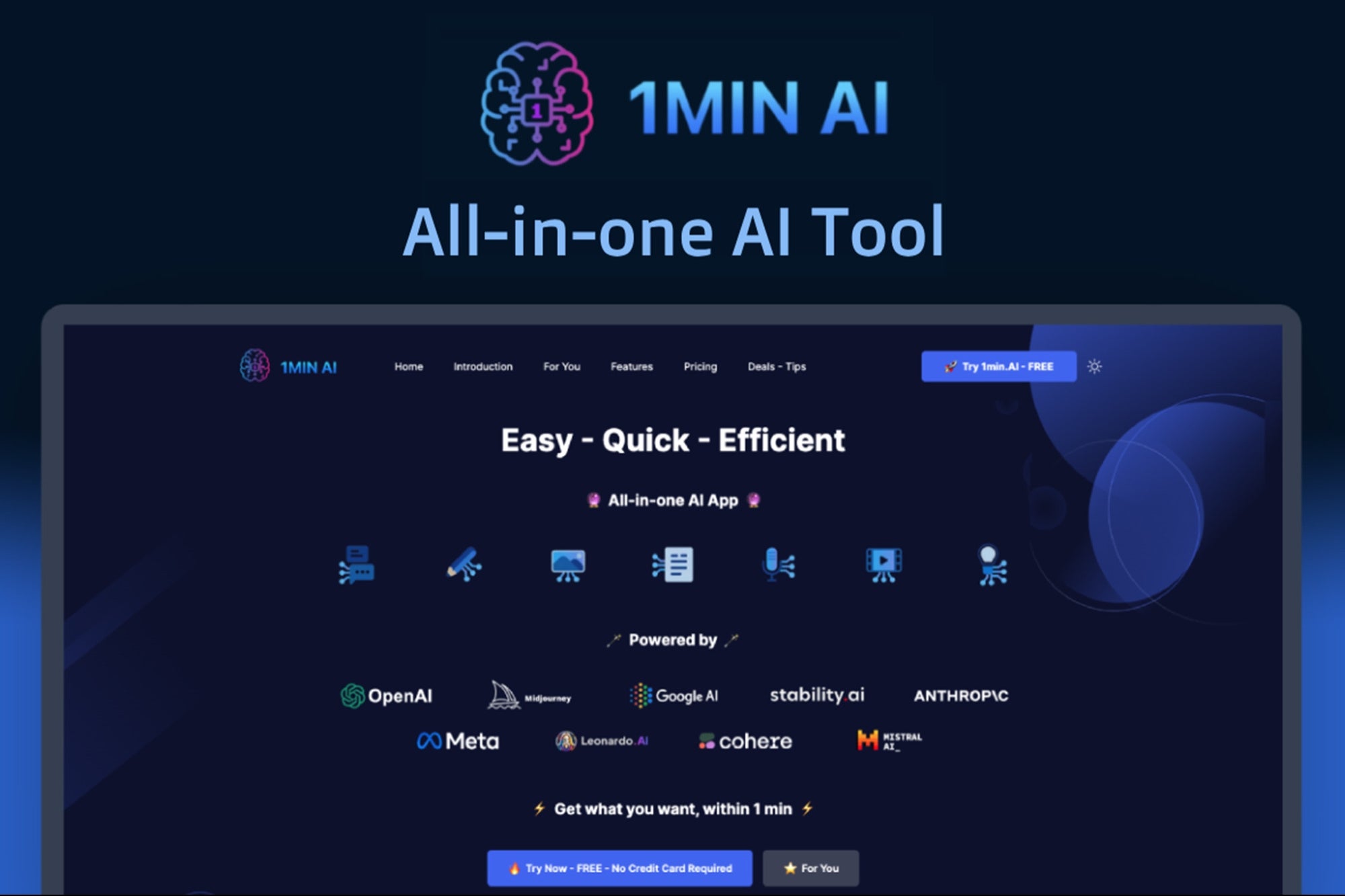Feel Dumb Asking for Advice? You'll Actually Appear More Competent. New research reveals that while we're all scared asking for advice will make us look like incompetent fools, it actually has the opposite effect.
By Laura Entis
Opinions expressed by Entrepreneur contributors are their own.
The fear of looking dumb is a nearly universal human emotion, one that often translates into a staunch refusal to seek advice. Because doing so is just an admission of incompetence, right?
Dead wrong, at least according to a series of studies by researchers from Harvard Business School and the University of Pennsylvania's Wharton School, which finds that while most people hesitate to ask for advice out of a fear they'll be judged poorly for it, the opposite is true: Ask someone for advice, and he or she is likely to view you as more competent.
Related: Why Your Conversational IQ Matters and How to Boost Your Score
Here are the main takeaways from the research, which will be published in an upcoming issue of Management Science:
We think asking for advice will make us look bad. In the first study, participants were instructed to imagine a hypothetical situation in which they needed advice from a coworker. They were then divided into two groups – some participants were told they had decided to ask their coworker for advice, while others were told they had decided against it. Afterwards, all participants were instructed to estimate how competent their coworker percieved them to be. Advice-seekers felt they would be viewed as significantly less capable than those who didn't ask for advice.
…But we're wrong. Asking for advice makes us look better. In another study, participants were randomly paired with a partner (in reality, a computer), with whom they could communicate via IM. They were instructed to complete a brainteaser and were told their partner would complete the same brainteaser after they'd finished. Once they'd finished, they received a message from their 'partner' (i.e. the computer) either reading: 'I hope it went well. Do you have any advice?' or 'I hope it went well.' Participants who were asked for advice rated their 'partners' as more competent than participants who weren't asked. The harder the brain teaser, the bigger this dichotomy.
Getting asked for advice flatters the ego. Another study was a replica of the one above, except at the end, participants were asked to rate their self-confidence. Those who had been asked for advice by their 'partner' reported higher self-esteem because, researchers suspect, they were flattered and as a result, rated their partner as more competent.
Alison Wood Brooks, who led the research team, answered a few questions for Entrepreneur.com about the study and its implications.
Related: The Genius Of Mentorship
The interview has been edited for clarity and length.
Entrepreneur: What initially interested you in this area of research?
Brooks: Some prior work has investigated the decision to ask for help or feedback. Help means that the help-giver takes some agency over the decision process, and feedback is usually backward-looking -- you might seek feedback on prior performance, for example. But almost no one has thought about the decision to seek advice or not, a decision most people face every day.
Entrepreneur: Given that most of us have played the role of advisor, why do we still misinterpret how seeking advice will come across?
Brooks: People often have what psychologists call a "broken mental model" or an "empathy gap." Their intuitions from one perspective -- as an advice seeker, for example -- do not align well with their intuitions from another perspective, in this case, as an advisor. Even though we have experienced both perspectives many times, we quickly forget how good or bad it feels to experience things from the other perspective.
Related: The Scientific Reason You Should Trust Your Gut
Entrepreneur: From your research, there appears to be an advice sweet spot. What are the ideal conditions for asking someone for advice?
Brooks: When you ask someone who views himself or herself as an expert on the topic, or an expert compared to you, and when the task is difficult. Under these conditions, asking for advice flatters the advisor and boosts perceptions of competence for the advice seeker. But we found that even asking for advice on easy topics didn't decrease perceptions of competence.
Entrepreneur: In your research, you hypothesize that advisers are flattered, and thus view advice seekers as more competent. Do you think your findings correlate to the phenomenon that we tend to view people more favorably after they've asked us for a favor?
Brooks: That would make sense. There is also research that direct flattery, even when it's obviously insincere, improves interpersonal perception. Ingratiation can be quite powerful.
Related: 6 Dumb Ways to Ask for Help
Entrepreneur: What are the main takeaways from your research?
Brooks: Don't be afraid to seek advice when you need it, especially on difficult tasks and from people who know more than you do.
Entrepreneur: How can this be applied in the workplace?
Brooks: Our findings are particularly relevant for workplace interactions, where seeking advice is likely to increase information exchange and learning across individuals and groups. Often, people are worried that asking for advice will harm perceptions of workplace performance but our findings suggest the opposite: asking for advice can increase perceptions of competence.
Entrepreneur: And finally, did this series of experiments raise any additional questions for you?
Brooks: Of course! We suspect that seeking advice on incredibly easy tasks may decrease perceptions of competence, and we simply didn't use an easy enough task to see this result. We also expect that the frequency of advice requests matters. Asking for advice constantly might be annoying to friends or colleagues.
We think this line of research raises broader ideas about people's tendency to ask questions in general, not just advice requests. If asking questions increases information exchange and improves interpersonal perception, what holds people back from asking more questions?
Related: This Is Your Brain on Power










